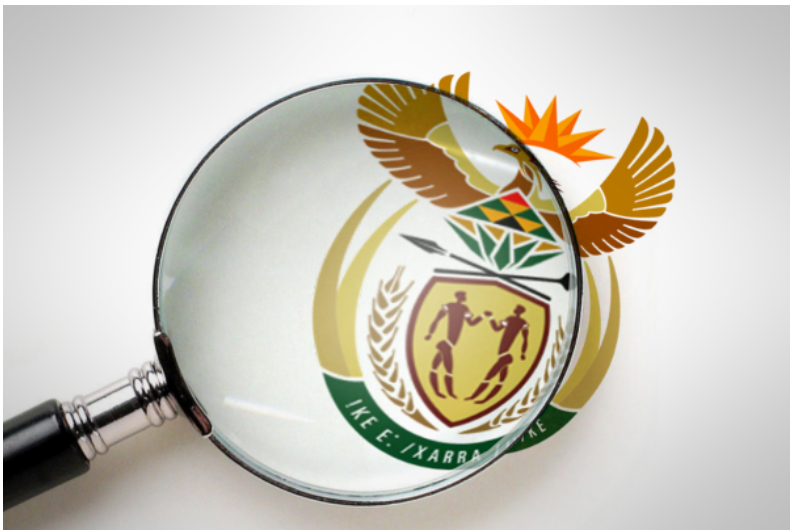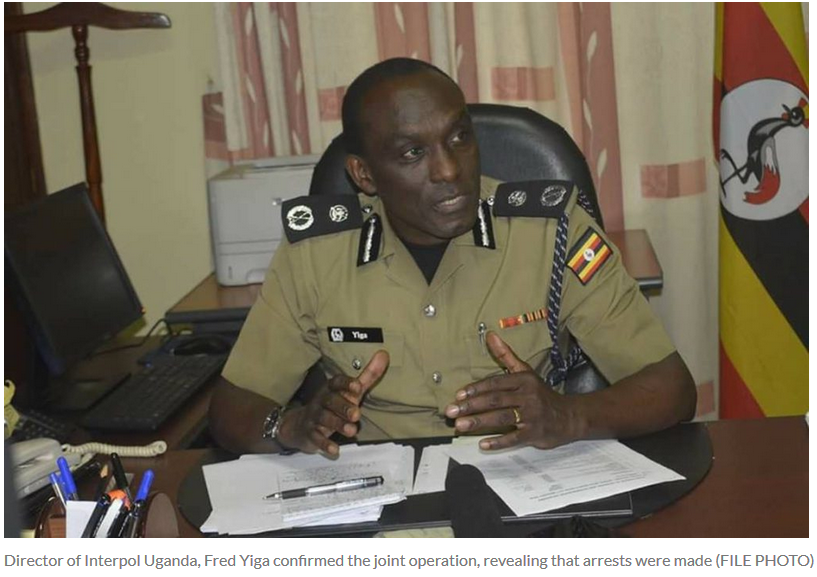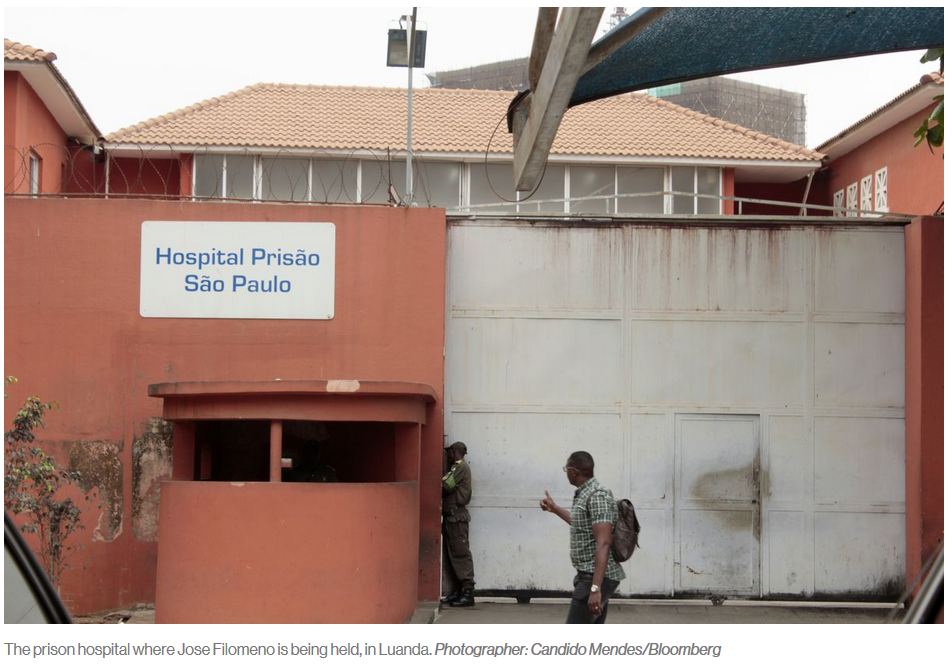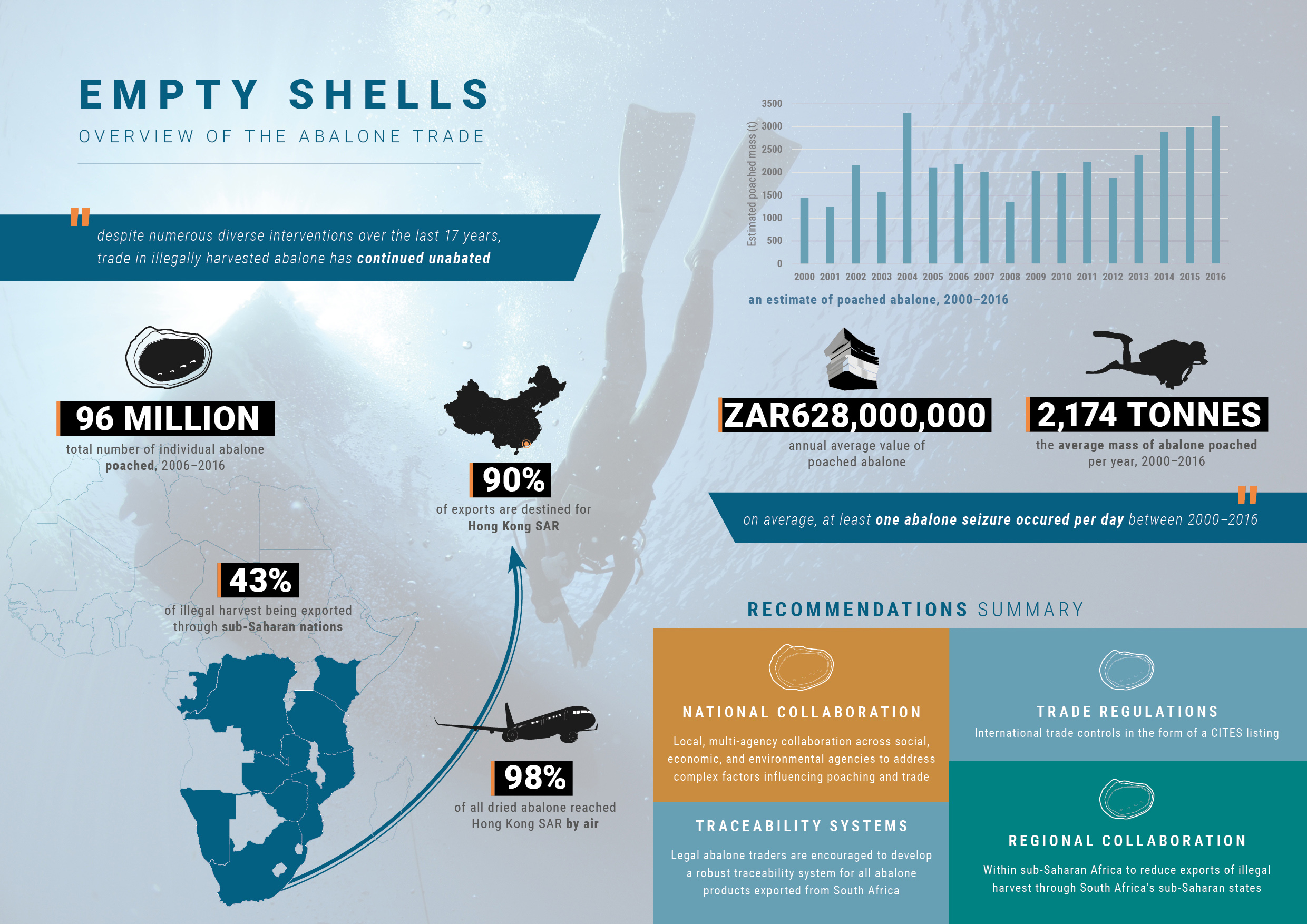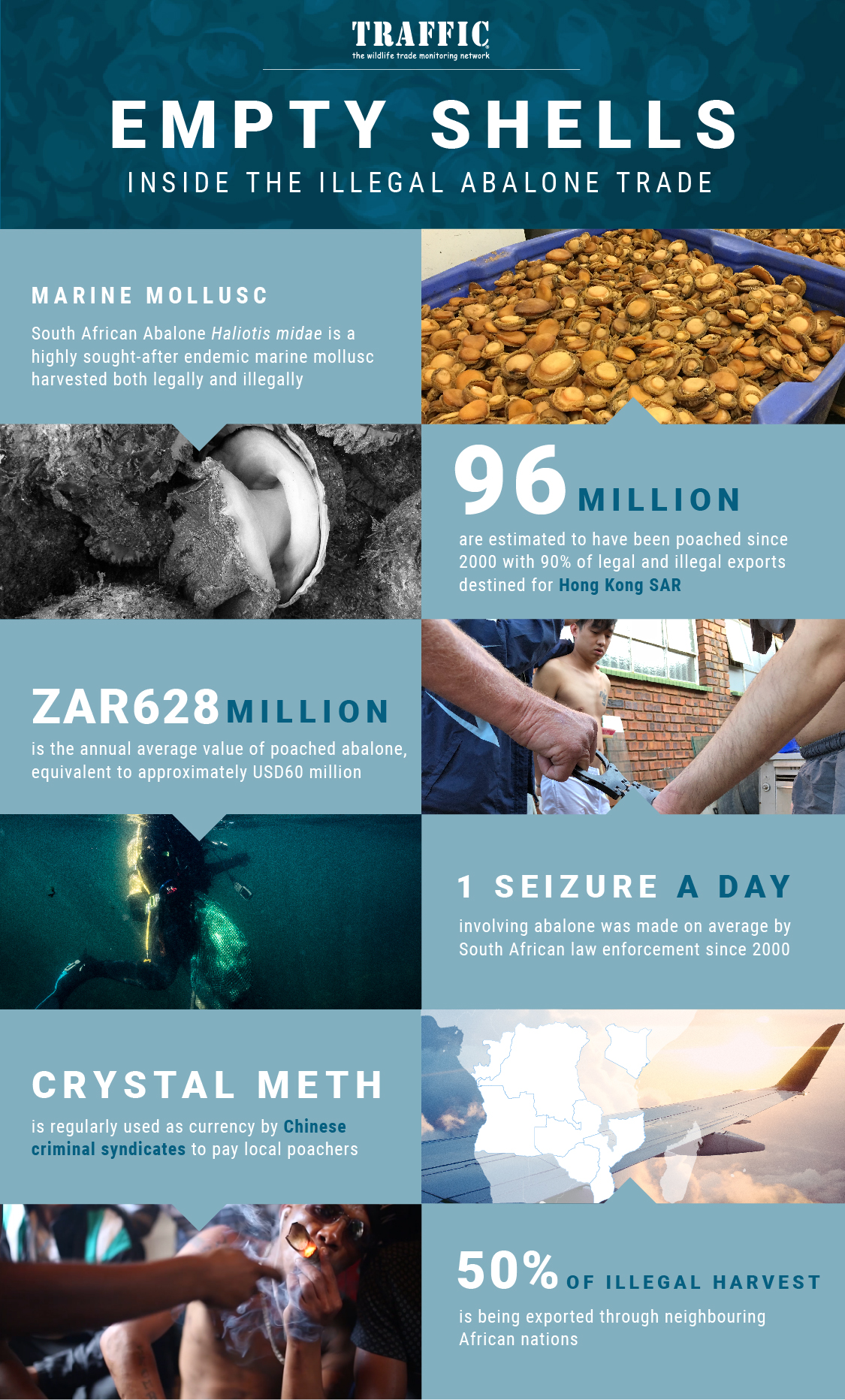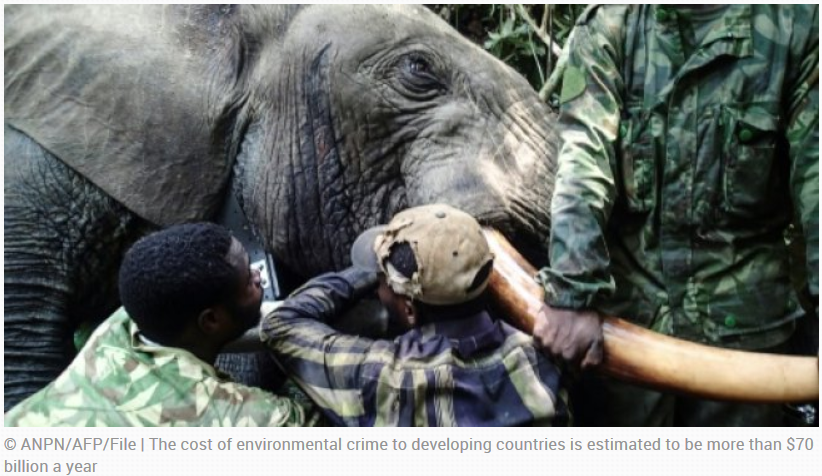Indian-origin woman Shamila Batohi appointed head of South Africa’s prosecuting authority
South African President Cyril Ramaphosa announced the appointment of Batohi, during a nationally-televised address at the government headquarters, the Union Buildings, on Tuesday.
World Updated: Dec 05, 2018 10:42 IST
Press Trust of India
Johannesburg
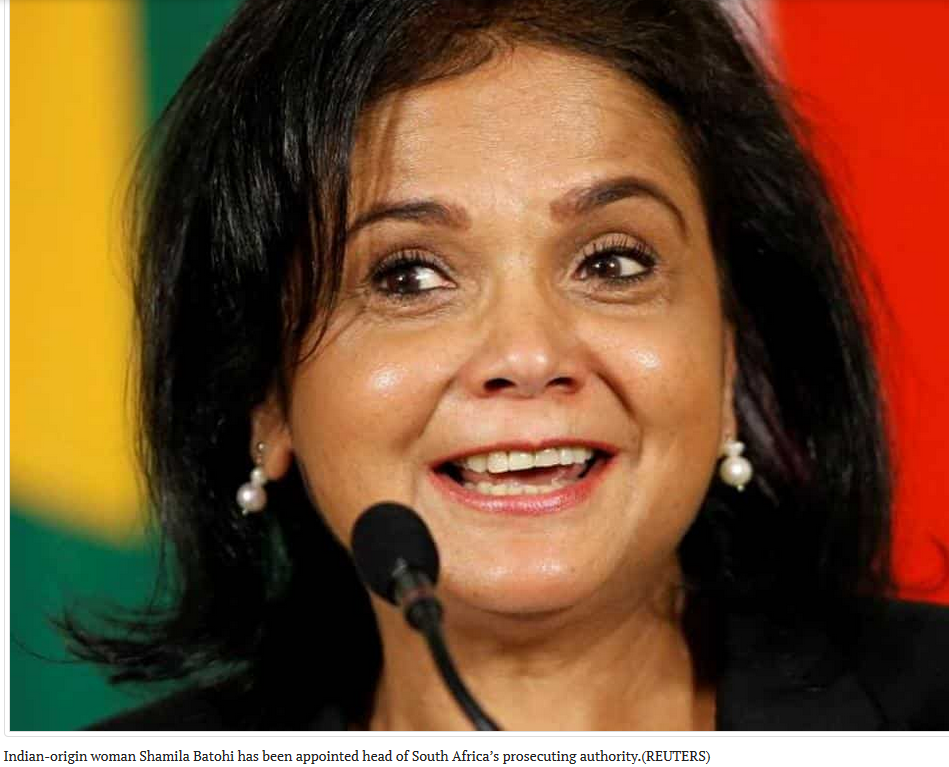
Prominent Indian-origin lawyer Shamila Batohi has been appointed to head South Africa’s prosecuting authority, the first woman to head the agency facing criticism for its handling of the investigations against former president Jacob Zuma over corruption charges.
Batohi will start her new role as the National Director of Public Prosecutions (NDPP) in February 2019.
South African President Cyril Ramaphosa announced the appointment of Batohi, during a nationally-televised address at the government headquarters, the Union Buildings, on Tuesday.
During his maiden address, Ramaphosa gave the commitment that government would urgently attend to the leadership crisis at the NPA to ensure the institution is and able to perform its mandate without any outside interference.
Eleven months later, the prosecuting body now has a new head.
Batohi, who shot to fame as the evidence leader during the King Commission that probed the Hansie Cronje match-fixing saga of 2000, was selected from a shortlist of 11 candidates who were interviewed for the high-profile position.
She will replace the previous prosecutor, Shaun Abrahams who has been accused by the opposition and rights groups of shielding former president Jacob Zuma from corruption charges during his nine years in office.
Batohi also comes in at a time when the organisation has been criticised for its handling of the state capture investigation, having recently provisionally withdrawn the Gupta-linked Estina dairy project case.
Batohi is stepping into a position that has proved to be so poisoned by politics that none of its appointees has come even close to surviving the full ten-year term, local media reports said.
She started her public service as a junior prosecutor in the Chatsworth magistrates’ court in 1986 and steadily rose through the ranks to become the Director of Public Prosecutions in KwaZulu Natal.
She was seconded to the Investigation Task Unit established by President Nelson Mandela in 1995 and later served as the first regional head of the Directorate of Special Operations based in KwaZulu-Natal.
Batohi has worked for the past nine years as a legal adviser to the prosecutor in the International Criminal Court in The Hague.
Congratulating Batohi on her appointment, Ramaphosa highlighted that he was addressing the state of dysfunctionality and deficiencies in the NDPP that had been identified by the Constitutional Court.
She was seconded to the Investigation Task Unit established by President Nelson Mandela in 1995 and later served as the first regional head of the Directorate of Special Operations based in KwaZulu-Natal.
Batohi has worked for the past nine years as a legal adviser to the prosecutor in the International Criminal Court in The Hague.
Her predecessors in the era of Jacob Zuma’s Presidency all had controversy-laden tenures.
The high-profile cases that Batohi will inherit include 16 charges of corruption, fraud, money laundering and racketeering instituted against former president Zuma.
“The President, and by proxy the people (of South Africa) have bestowed a lot of confidence in me,” Batohi said, adding “the least I can do is reciprocate that confidence.” “My only obligation is to serve the country with humility and dedication to the best of my ability. Each one of us, no matter where we are, must be ready to sacrifice the necessary, to fight the good fight. Our country needs us,” Batohi said.
Read More: https://www.hindustantimes.com/world-news/indian-origin-woman-shamila-batohi-appointed-head-of-south-africa-s-prosecuting-authority/story-LXlhyUv7vXathyUNFwvVhK.html

